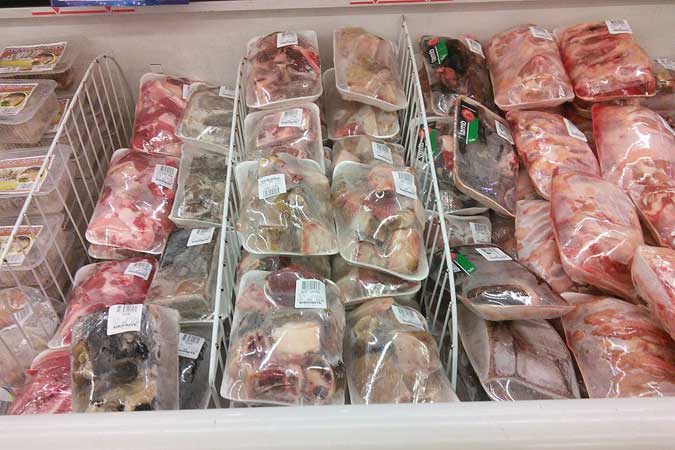
THE Department of Agriculture (DA) has proposed to Malacanang a drastic expansion in the volume of imported pork to 404,000 metric tons (MT), a measure intended to address rising food prices and quell a potential inflation crisis.
Agriculture Secretary William D. Dar told the House Committee on Agriculture late Monday that the import proposal covers the volume of pork shipped in under the minimum access volume (MAV) scheme. Imports within the MAV ceiling are charged 30% tariffs while identical products beyond the MAV quota pay 40%.
“We submitted to Malacanang the resolution by the MAV Management Council recommending the increase in the MAV for pork for MAV Year 2021. It is now awaiting the President’s signature,” he said.
The current MAV for pork imports is 54,000 MT.
“May quota na 54,000, ang dinagdagan natin ay 350,000 (The MAV quota is 54,000 MT, and we added 350,000 MT),” Mr. Dar said.
Mr. Dar said the Tariff Commission is also preparing a report proposing to reduce pork tariffs.
“The Tariff Commission is finalizing its report and recommendations to the Cabinet committee on tariff and related matters regarding our separate proposal to further lower tariffs on pork for a period of one year,” he said.
The DA has said it proposes to reduce current tariff rates in the first six months to 5% for imports within the MAV and 15% for imports beyond the MAV quota. Mr. Dar said expanding the supply of imported pork is part of a strategy to stabilize prices, along with a cap fixing market prices of pork at between P270 and P330 per kilogram.
Hog raisers have protested the price ceiling, which was imposed via Executive Order No. 124 signed earlier this month. They noted that the industry is incurring greater costs to deal with African Swine Fever (ASF), which has greatly reduced the supply of hogs and exerted upward pressure on prices.
Pork Producers Federation of the Philippines President Edwin G. Chen said at the hearing that the industry views P330 to P360 as an appropriate price ceiling, which it said was a viable alternative to subsidizing the transport costs of hog growers.
“We consulted our members and (the P330-P360 price range was the) consensus nationwide. Ito ‘yung maluwag sa lahat na susuportahan (This is what everyone is comfortable with and will gain broad support),” Mr. Chen said.
He added that the government should also more aggressively to eradicate ASF, which has decimated the hog population of Luzon. — Gillian M. Cortez
